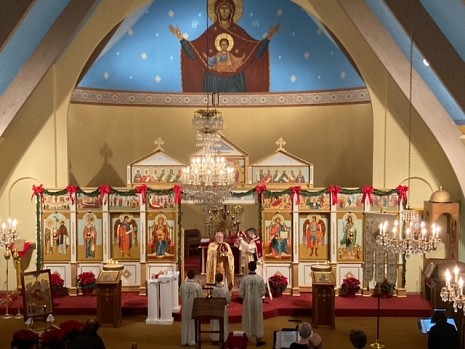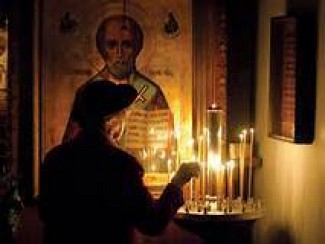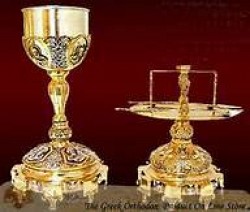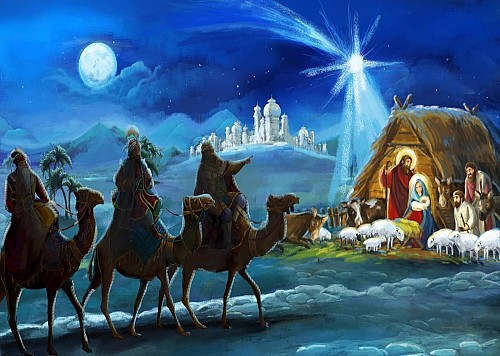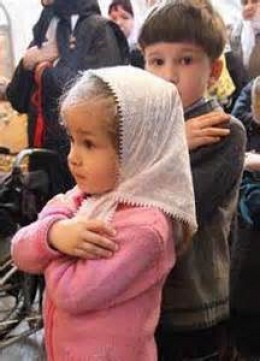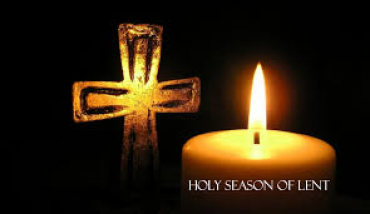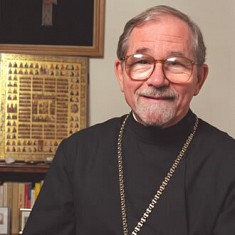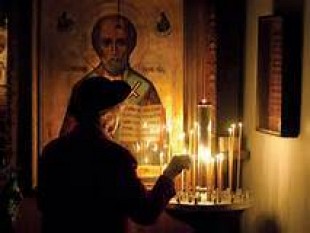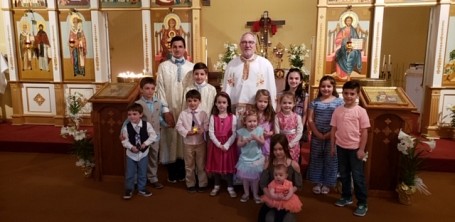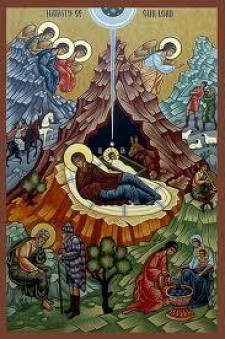GREAT and HOLY LENT SERVICES SCHEDULE 2023
Divine Liturgy - Sundays - 10:00 a.m. Confessions - Before and After Each Service prior to Holy Week
Please make your Lenten confession before Holy Week so that services may begin on time.
Father Paul will not be available for confession during Holy Week except for extreme circumstances.
GREAT LENT BEGINS, Monday, February 27, 2023
PRESANCTIFIED LITURGY, Wednesdays, March 8, 22, and 29; and April 5, at 5:30 pm, followed by a Lenten meal and discussion.
As a Lenten practice, some of us give up something and/or add something in our daily living, both in an effort to help us to recognize our sins and gain control over our spiritual lives. Please try to attend the Presanctified Liturgy at least once during Lent and participate in fellowship. God will bless you for it!
Sunday of Orthodoxy, Comemeration of the Restoration of the Holy Icons, March 26 - All of the Saints who are depicted on the Icons are honored and glorified.
2nd Sunday of Lent, ST. GREGORY PALAMAS, March 12 - Bring a prayer rope to be blessed today! Use it and pray the Jesus Prayer each day this week.
3rd Sunday of Lent, VENERATION OF THE HOLY CROSS and Reading of the Names, March 19 - Wear your cross to church and kiss the cross each morning with a bow.
4th Sunday of Lent, ST. JOHN of the LADDER, March 26 - Every time you climb stairs this week ask St. John to help you reach Paradise with the sign of the cross.
5th Sunday of Lent, ST. MARY of EGYPT, April 2 - Ask the Theotokos to offer you and the world pure thoughts and ideas this week.
GREAT and HOLY WEEK
PALM SUNDAY, ENTRY OF OUR LORD INTO JERUSALEM, April 9, 10:00 a.m., Archbishop Alexander serving - Place your palm branches and pussy willows behind an icon at home and in your car.
HOLY WEDNESDAY, SACRAMENT OF HOLY UNCTION, April 12, 7:00 p.m. - Service at St. Nicholas Greek Orthodox Church - Sacrament of Holy Unction is offered for the healing of soul and body and for the forgiveness of sins.
HOLY THURSDAY, WASHING of FEET, April 13, 7:00 p.m. - Trust in God, not yourself. Ask for His help before every task today. (Please prepare to receive Holy Communion on Holy Thursday evening by fasting a minimum of three hours prior to the beginning of Divine Liturgy.)
GREAT AND HOLY FRIDAY, JESUS DIES ON THE CROSS, April 14, 7:00 p.m. - Refrain from TV, Internet, & Phones to honor Christ's death. (The Bringing Out of the Holy Cross, Vespers of the Burial of Christ, Procession of the Holy Shroud, and the Service of Lamintations are celebrated on Holy Friday evening.)
GREAT AND HOLY PASCHA! CHRIST IS RISEN! April 16, 10:00 a.m., Matins and Divine Liturgy followed by blessing of Pascal baskets and Eggs - Greet everyone with 'CHRIST IS RISEN' rather than good morning and goodnight. Respond with "INDEED HE IS RISEN"
excerpts Fr. Jonathan Bannon (ACROD)

